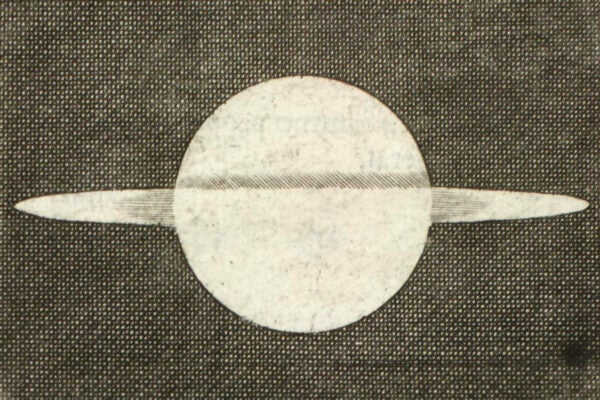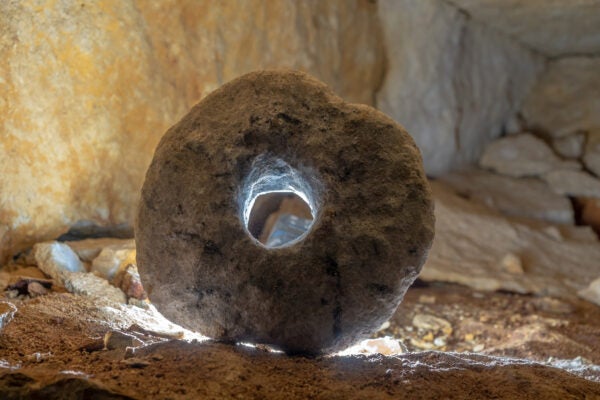The renowned coral scientist Dr. Ruth Gates has died at age 56. Dr. Gates, of the University of Hawaii, was an anomaly among many conservation scientists in that she was known for her optimism. Over her illustrious career, she helped establish the connection between rising temperature and coral bleaching, and helped expose the amazing genetic diversity of corals. She noticed that some genetic varieties survived stress and bleaching more easily than others. Later in her career, she became best known for studying coral resilience in the face of climate change.
Dr. Gates acknowledged that research alone would not save threatened corals. In a 2015 PNAS paper, Gates and coauthors outlined a possible approach to protecting corals from rising temperatures. They proposed deliberately modifying corals to enhance their temperature tolerance, through selective breeding or even deliberate manipulation through biotechnology. They also suggested the possibility of triggering epigenetic changes (heritable changes in expression of genes) through manipulation of environmental conditions. Gates noted that humans have spent millennia modifying livestock and crops through selective breeding and more recently through genetic modification; her proposal was simply to apply this concept to a serious conservation problem.
The idea, now known as “assisted evolution,” is controversial. Dr. Gates made it clear that she was aware of the potential risks. Unlike many scientists, Gates devoted a lot of time to outreach, and believed that any coral modification plan needed an accompanying plan to help explain it to the public and other stakeholders.
Get Our Newsletter
That PNAS paper was a call to direct action, but she excelled at abstract scholarship as well, especially in the service of conservation. Some of her articles, such as a 2008 MEPS paper, can best be described as blunt, even by the dry standards of academic writing. In this article, she discusses acclimatization, or whether corals will physiologically adjust to rising temperatures. Gates and coauthor Peter Edmunds argue that acclimatization is basically inevitable, but also besides the point. The real question was whether and how much acclimatization actually matters to coral survival. Given the extensive literature on coral’s ability to acclimatize, Dr. Gates’s paper clearly shows that she had no fear of ruffling feathers.
Dr. Gates leaves behind a legacy of action on coral resilience, reasoning that it is better to try new approaches, even if they might not work, than to wait too long and watch an entire ecosystem die. Corals have lost a fierce and fearless advocate, but Gates’s novel approach to coral conservation lives on as others test her ideas.







